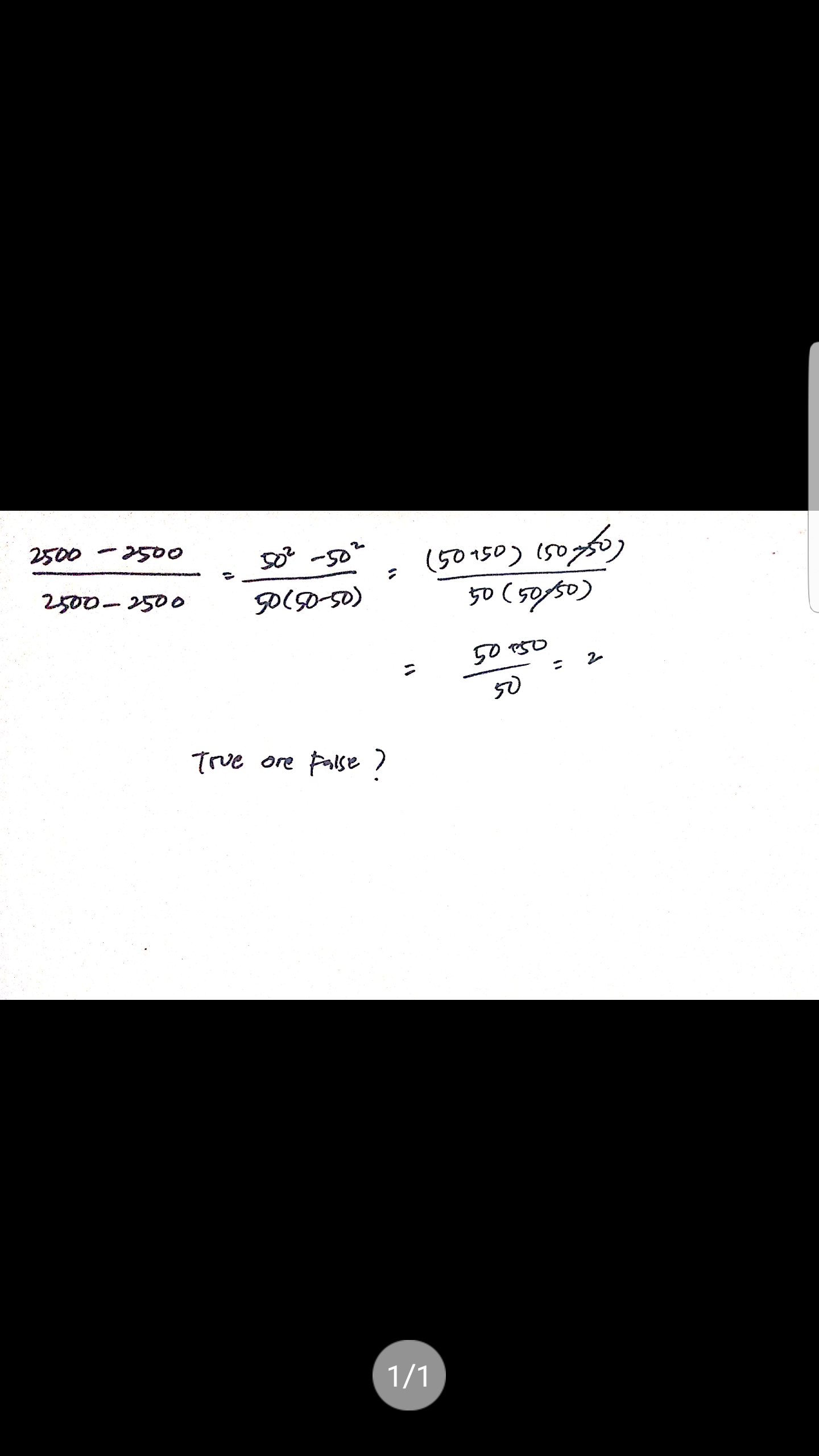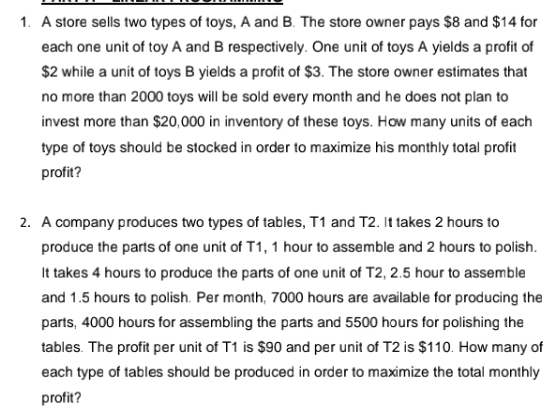
Question and Answers Forum
AlgebraQuestion and Answers: Page 260








Pg 255 Pg 256 Pg 257 Pg 258 Pg 259 Pg 260 Pg 261 Pg 262 Pg 263 Pg 264
|
Question and Answers Forum |
AlgebraQuestion and Answers: Page 260 |
| ∣x−3∣<0.1 |
| −5<((4−3x)/2)<l |

|
| Find the greatest coefficient in the expansion of (3 − 2x)^(−7) |
| ((−1))^(1/4) =? |
| show that (x)^(1/(ln(x))) =e |

|
| ABCDEF is a 6 digit number, ABC and DEF are 3 digit numbers. find ABCDEF satisfying: 1) ABCDEF=1×ABC×DEF 2) ABCDEF=2×ABC×DEF 3) ABCDEF=3×ABC×DEF 4) ABCDEF=4×ABC×DEF 5) ABCDEF=5×ABC×DEF 6) ABCDEF=6×ABC×DEF 7) ABCDEF=7×ABC×DEF 8) ABCDEF=8×ABC×DEF 9) ABCDEF=9×ABC×DEF |

|

|

|
| p=1−(1/2)+(1/3)−(1/4)+...+(1/(2003))−(1/(2004)) q=(1/(1003))+(1/(1004))+...+(1/(2004)) p^2 +q^2 = |
| prove that _2 F_1 (α,β,β−a+1,−1)=((Γ(β−a+1)Γ((β/2)+1))/(Γ(β+1)Γ((β/2)−α+1))) |
| what is the duble fictorial furmolla? |

|

|
| Find the square root of: (√7) + (√5) |
| if sin((α/2))=(4/5) and cos((β/2))=(3/5) prove sin(α)=cos(β) |
| determine x,y,z ∈ R such that 2x^2 +y^2 +2z^2 −8x+2y−2xy+2xz−16z+35=0 |

|
| x^2 −(y−z)^2 = 3 y^2 − (z−x)^2 = 5 z^2 − (x−y)^2 = 12 |
| a+b+c+d=4 a^2 +b^2 +c^2 +d^2 =10 a^3 +b^3 +c^3 +d^3 =22 a^4 +b^4 +c^4 +d^4 = ? |
| show that the roots of the equation x^2 −2x=(b−c)^2 −1 are rational if b and c are rational numbers. |
| solve: t^(1/3) + t^(1/2) = 12 |
| If x + (1/x) = 4 , what the value of ((x^6 −1)/x^3 ) |
| show that (n^4 −n^2 ) is divisible by 12 |
Pg 255 Pg 256 Pg 257 Pg 258 Pg 259 Pg 260 Pg 261 Pg 262 Pg 263 Pg 264 |